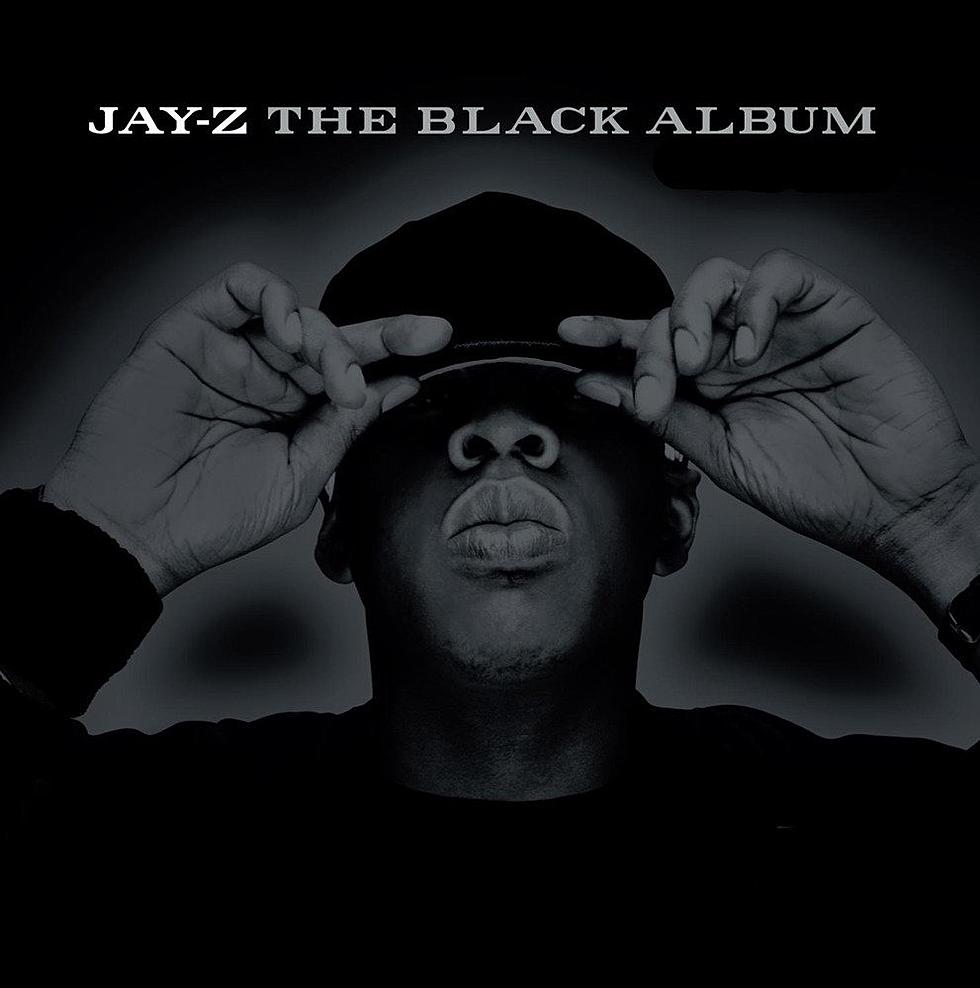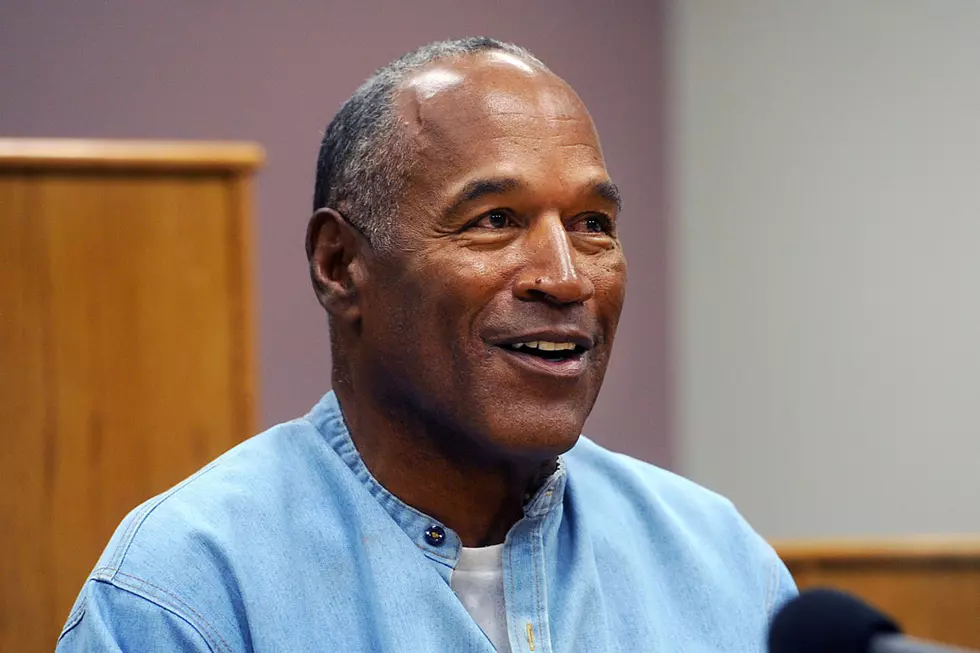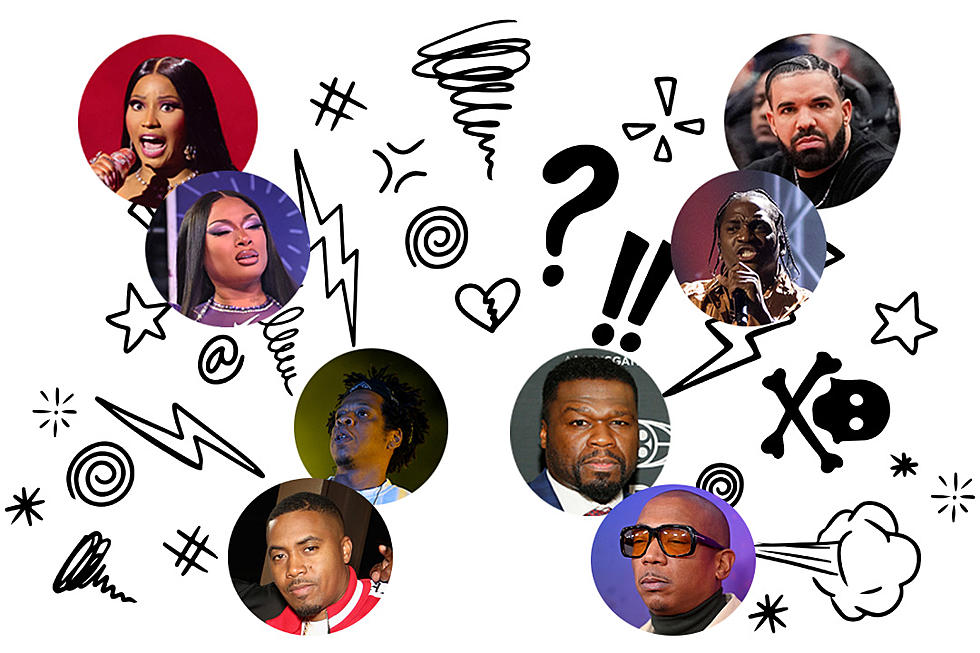
Jay-Z Drops ‘The Black Album': Today in Hip-Hop
On this day, Nov. 14, in hip-hop history...
2003: It seems foolish now—and admittedly it seemed a little foolish then, too—that anybody actually thought Jay Z was going to give up the rap game for good when he announced to the world that The Black Album would be his last. Over the years, scores of rap stars have prematurely declared their next album would be their career's swan song, only to return to the studio in short order. What's notable about Jay's "retirement" is that we wanted to believe him. After the murders of Biggie and Tupac robbed us of their music far too soon, hip-hop wanted to give the greatest living rappers their proper respects while they're still around to appreciate them. Hence, the overwhelming hype for The Black Album when it was released Nov. 14, 2003.
While it is no secret that Jay's "retirement" didn't exactly take, the most remarkable part of The Black Album is how good the music stands up; 14 songs, 14 classics. From the opening strings of "December 4th" to the valedictory guitar licks of "My 1st Song," The Black Album is a remarkable LP that feels as relevant as it did in 2003, 14 years later. It features some of Jay Z's most iconic songs, including "Encore," "99 Problems," "What More Can I Say," "Interlude" and "Dirt Off Your Shoulder." For a career built on hit-making, this is an album for the books.
Well over a decade later, it even feels as if the album's "retirement" gimmick is oddly appropriate if you consider it as the close of the first chapter in Jay-Z's life. While Jay's sabbatical from music only lasted a few short years, The Black Album serves as a vital bookend in the story of one of the greatest careers in hip-hop history—the final bow of Shawn Carter the Hustler. Long live Jay-Z the Business Man!
See Photos of JAY-Z's Different Looks Over the Years
More From XXL









